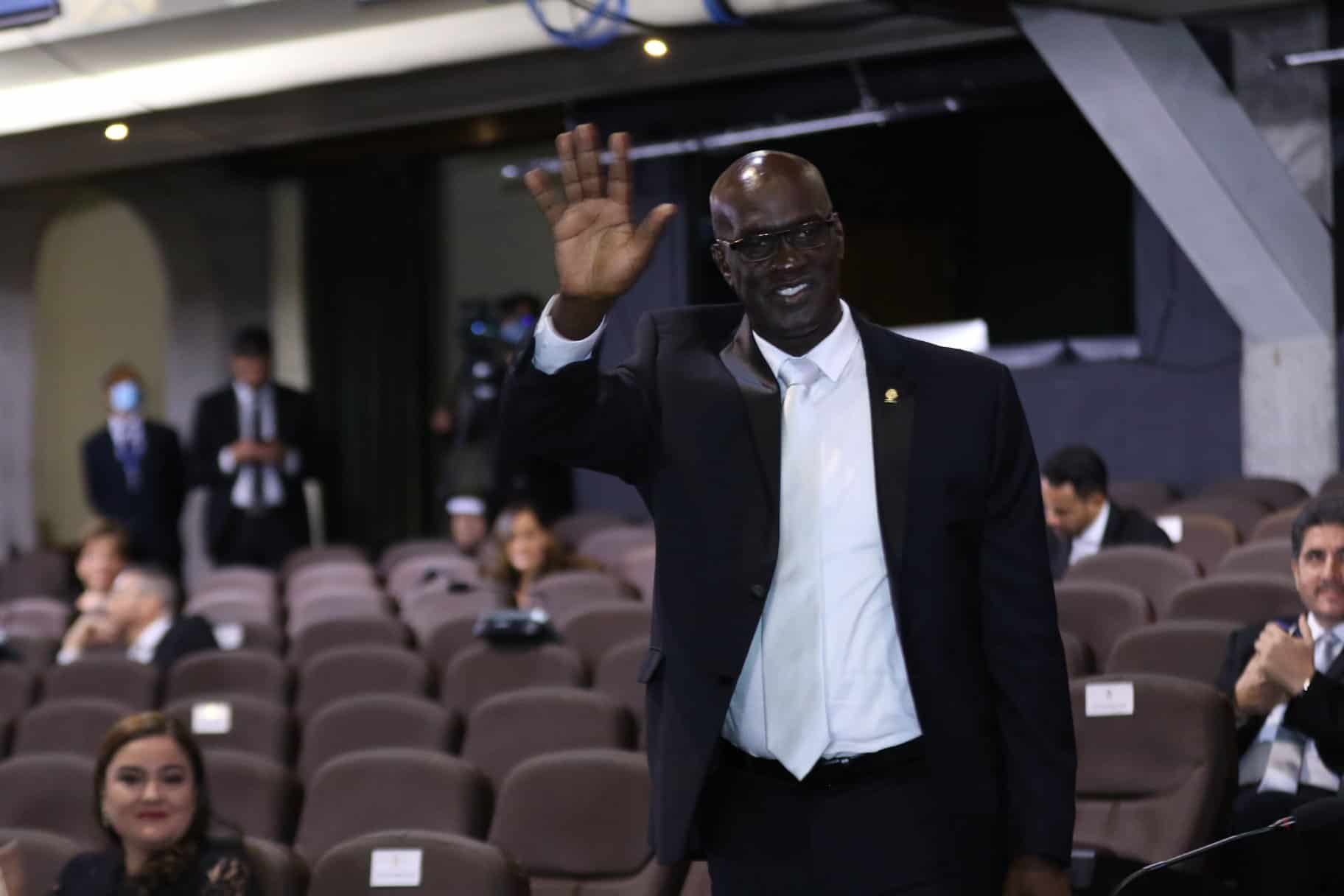Deputy Eduardo Cruickshank, of the evangelical National Restoration party, was elected Friday as president of the Costa Rican parliament, in an alliance with the government party, which defends gay marriage.
Cruickshank, the first Afro-Costa Rican to preside over the Legislative Assembly, beat legislator Pablo Heriberto Abarca of the opposition Christian Social Unity Party (PUSC), whose group had promoted an entirely opposition agenda.
“Today I come as President of the Legislative Assembly to establish a bridge between the two Costa Ricas,” Cruickshank wrote on social media. “Between Costa Rica outside and Costa Rica inside; between the Greater Metropolitan Area and the peripheral areas; with the firm purpose of integrating them in order to start the construction of a single Costa Rica that works for everyone.”
The vote occurred during a session in an auditorium that allowed legislators — some wearing masks — to to maintain social distance in accordance with coronavirus measures.
Cruickshank’s election became possible after Thursday night, the Social Democratic National Liberation Party, with the largest number of legislative seats, gave its support to the evangelical legislator in exchange for two positions on the congressional board and the definition of a work agenda for next year.
The agenda will be focused on the reactivation of the economy, which has been hit by the COVID-19 pandemic, and cuts in public spending.
President Carlos Alvarado congratulated Cruickshank on his election and said that in the past two years of legislative work, “it was clear that the path of unity and big deals is the key to moving forward.”
Cruickshank is a 64-year-old evangelical lawyer and pastor, and his party, with seven of the 57 seats, is the more moderate of the two evangelical formations in parliament.
The other evangelical party, New Republic, is rigidly against the government and defends a more conservative agenda.
With the new multiparty legislative directory “we have a much broader and clearer ideological economic agenda,” away from the right-wing positions promoted by the PUSC and its allies of the more conservative evangelical bloc, said the independent political analyst Gustavo Araya.






